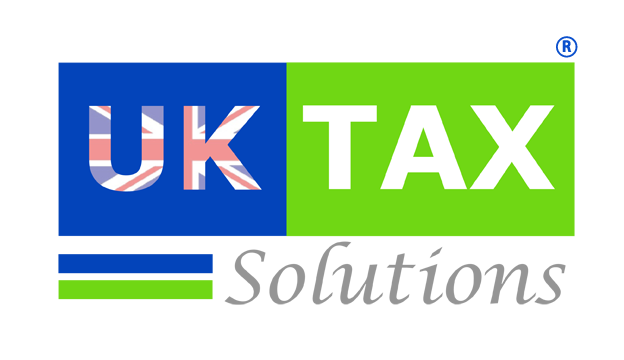HMRC to waive self-assessment penalties for one month
Self assessment taxpayers will not receive a penalty for their late online tax return if they file by 28 February, HMRC chief executive Jim Harra has announced.
More than 8.9m customers have already filed their tax return. HMRC is encouraging anyone who has not yet filed their tax return to do so by 31 January, if possible.Anyone who cannot file their return by the 31 January deadline will not receive a late filing penalty if they file online by 28 February.
Taxpayers are still obliged to pay their bill by 31 January. Interest will be charged from 1 February on any outstanding liabilities. They can pay online, via their bank, or by post before they file. More information on how to pay is available at www.gov.uk.
Taxpayers who cannot afford to pay their tax bill on time can apply online to spread their bill over up to 12 months. But they will need to file their 2019-20 tax return before setting up a time to pay arrangement, so HMRC is encouraging everyone to do this as soon as possible.
Normally, late filing penalties are applied to all returns filed after the 31 January deadline. Those penalties are cancelled if the customer has a reasonable excuse for filing late. However, this year HMRC is not issuing late filing penalties for a month to help taxpayers and agents who are unable to meet the deadline. Late filing penalties will not be issued for online tax returns received by 28 February. ‘Not charging late filing penalties for late online tax returns submitted in February will give them the breathing space they need to complete and file their returns, without worrying about receiving a penalty. We can reasonably assume most of these people will have a valid reason for filing late, caused by the pandemic.’
HMRC has increased support for taxpayers who may need help with their tax liabilities. Once they have completed their 2019-20 tax return, they can set up an online payment plan to spread Self Assessment bills of up to £30,000 over up to 12 monthly instalments. They can apply for self-serve Time to Pay via gov.uk. Interest will be applied to any outstanding balance from 1 February 2021.
More than 42,000 taxpayers have already used the service, without needing to call HMRC, to manage their liabilities totalling almost £130m.
Taxpayers with bills over £30,000, or who need longer than 12 months to pay their bill, can call HMRC on 0300 200 3822 to discuss time to pay.
Taxpayers who are required to make Payments on Account, and know their bill is going to be lower than the previous tax year, for example due to loss of earnings because of Covid-19, can reduce their Payments on Account. Visit GOV.UK to find out more about Payments on Account and how to reduce them.
Anyone trying to contact HMRC in the run up to the deadline can do so via webchat, Twitter or the Self Assessment phone helpline. They may also find the information they need via the free HMRC app or their Personal Tax Account.
Phil Hall, head of public affairs & public policy at AAT, said: ‘AAT has been urging HMRC to either extend the self-assessment deadline or waive late filing penalties for several months, in order to help accountants and tax agents to support their clients without incurring financial penalties.
‘We therefore welcome today’s announcement that no late filing penalties will be applied until 28 February 2021. During a time of unprecedented challenge, this decision will help millions of taxpayers and also relieves some of the pressure on an incredibly busy accountancy sector who are doing their utmost to support individual taxpayers and businesses.’
Helpline and webchat
The phone helpline and webchat will both be open on 30 and 31 January, in addition to the weekday service. Opening times are below:
Telephony and card payment lines: Saturday 30 January: 08:00 to 18:00 and Sunday 31 January: 09:00 to 18:00
Webchat: Saturday 30 January and Sunday 31 January: 08:00 to 20:00
To protect against identity fraud customers must verify their identity when accessing HMRC’s online services. They must have two sources of information including:
- credit reference agency data;
- tax credits;
- P60/payslip; or
- UK passport






